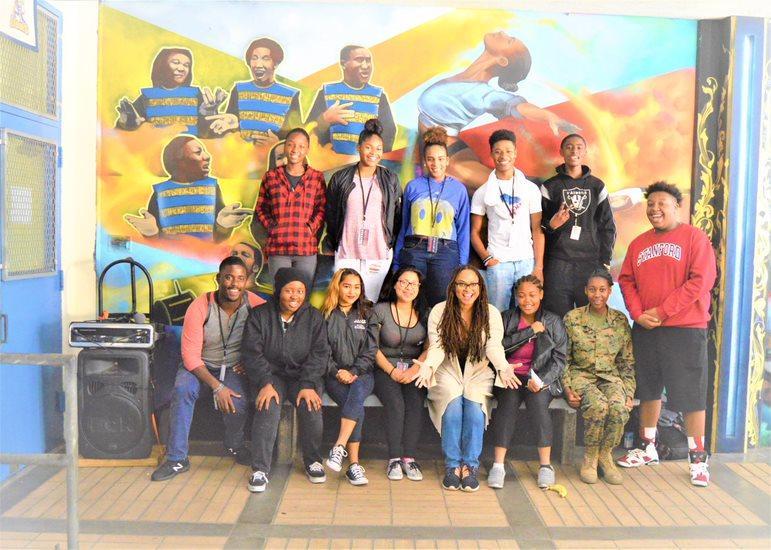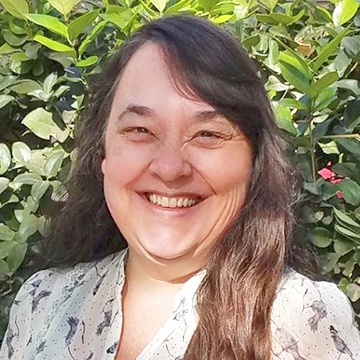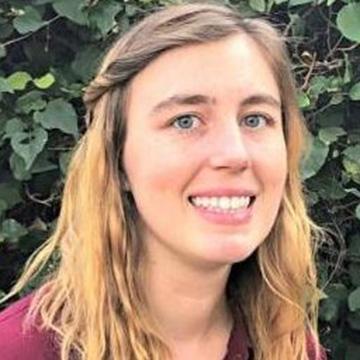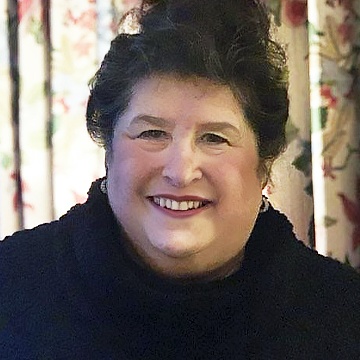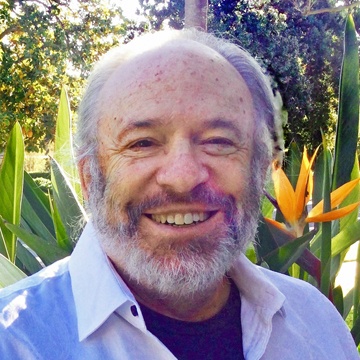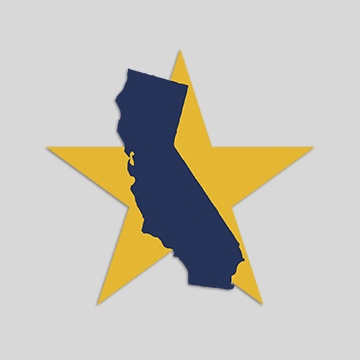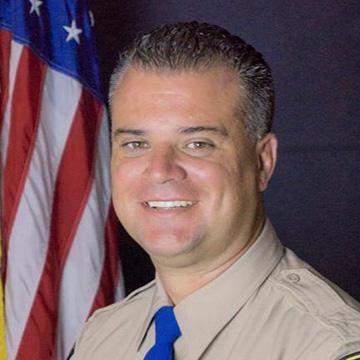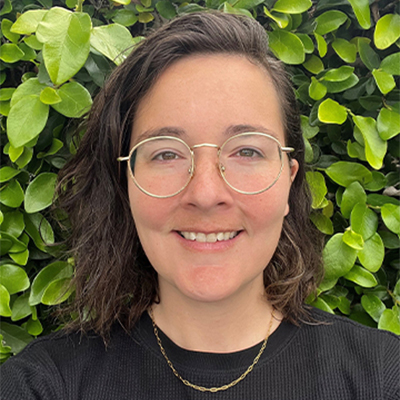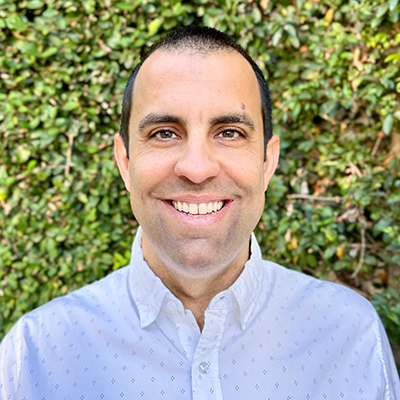Career Readiness
Approved tax credit applicants must participate in a career-based learning and training program as an opportunity to inspire, train, and give back to the next generation of filmmakers. This requirement may be fulfilled during any phase of the production.
Hours paid for 275 Interns hired from 53 schools.
Number of student participation in professional skills tours from 30 organizations and schools.
Number of teachers from 31 colleges and high schools took part in Faculty Externships.
Non-profit organizations and local schools benefitted from Classroom Workshops.
Total amount of Financial Contributions received to fund local non-profit organizations.
Career Readiness Requirement Options
All applicants must participate in a career-based learning and training program approved by the CFC. This is an opportunity to inspire, train, and give back to the next generation of filmmakers.
Approved tax credit projects interested in working with a specific career-based learning organization shall contact the CFC to obtain prior approval.
While there is no prescribed timeline for satisfying the Career Readiness requirement, the tax credit certificate will be issued upon completion of this requirement.
Individuals under 18 years of age must obtain acknowledgment and consent from parent or guardian prior to Career Readiness Program participation.
Important Information
The California Film Commission (CFC) staff is here to help! Contact the Film Commission or specific questions about the Career Readiness Requirement.
- Approved tax credit projects interested in working with a specific career-based learning organization shall contact the CFC to obtain prior approval.
- While there is no prescribed timeline for satisfying the Career Readiness requirement, the tax credit certificate will be issued upon completion of this requirement.
- Individuals under 18 years of age must obtain acknowledgment and consent from parent or guardian prior to Career Readiness Program participation.
- The CFC will facilitate contact with high schools, community colleges, and/or career-based learning programs for Paid Internships, Faculty Externships, Studio Employment & Professional Skills Tours, and Classroom Workshop & Events.
- As soon as the approved applicant selects an option, the appropriate verification form must be completed under Phase IV Expenditure Summary Report of the application portal.
- If a production selects on-set externships, internships, workshops/panels, or professional skills tours and set visits, all participants must adhere to health and safety protocols.
- When activity is complete, electronically sign/confirm the form.
- All participants in Paid Internships, Faculty Externships, Studio Employment & Professional Skills Tours, and Classroom Workshop & Events must complete an online post-completion survey.
- A guide is available for participants who wish to submit a video testimonial; although highly recommended, this is not required.
- High school or community college educators interested in participating in the Career Readiness Program shall contact the CA Film Commission with contact information and event details. The CFC may also match any upcoming school or non-profit organization events, such as career or mentorship day, with approved production companies to fulfill the career readiness requirement.
Financial Contribution
Tax credit recipients may elect to make a financial contribution as part of the Career Readiness requirement. Contributions must be .25% of the estimated tax credit reservation, with a minimum of $5,000 and a maximum of $12,000; more may be contributed, if desired. Please specify the NAME OF YOUR PROJECT, on the check memo line. Approved projects have three different options when making a financial contribution. Projects must submit a receipt for funds to the California Film Commission to verify financial contribution has been made.
Option #1: California Department of Education Arts, Media, and Entertainment
ENTERTAINMENT INDUSTRY FOUNDATION
Attn: AME Career Readiness
10880 Wilshire Boulevard
Suite 1400
Los Angeles, CA 90024
To request a receipt for a Career Readiness contribution, contact: Irma Livadic, Program Director
Option #2: Foundation for California Community Colleges
FOUNDATION FOR CALIFORNIA COMMUNITY COLLEGES
Attn: Finance Department
re: Career Catalyst Film Internship Fund
1102 Q Street, Ste. 4800
Sacramento, CA 95811
To request a receipt for a Career Readiness contribution, contact careercatalyst@foundationccc.org
Option #3: Career-Based Learning Organization
Please contact the California Film Commission if interested in contributing to a specific non-profit, education-based organization.
Paid Internship
Provide paid internship positions to one or more students enrolled in a California community college or CFC-approved career-based learning organization (“CBLO”). The total number of hours worked by an intern or combination of interns must be a minimum of 300 hours, and each intern hired must work a minimum of 100 hours. (There is no maximum number of interns or hours.) The pay can be whatever amount the production chooses, but no less than minimum wage.
Interns must be 18 years of age or older. Any production utilizing interns in technical craft positions must notify the applicable union representative prior to the start of the internship.
Internship experience should include working with professionals in the film industry and hands-on work assignments: they are there in order to LEARN, as distinguished from Production Assistants, whose tasks can include making copies and coffee runs.
Classroom Workshops & Lectures
Provide students enrolled in a California high school, California community college or approved CBLO one or more classroom workshops, panels, or demonstrations on aspects of the film industry, conducted by entertainment industry professionals.
- There is no minimum time duration requirement.
- Many of our recent events have taken the form of Zoom panels,
- NOTE: Our preference is to RECORD these Zoom panels and include links to them from our website, for the benefit of students unable to participate as well as interested members of the public.
- Releases will be provided for students under 18, to be signed and returned by a parent or guardian. Minor students who do not provide a signed release will not be allowed to take part in the event.
- If the project requests, we will be happy to delay posting a link to the recording until a particular time, such as the release date.
Professional Skills Tour
Provide a guided tour lasting eight (8) hours or more to students enrolled in a California high school or a California community college. This tour may include a visit to a set, studio or one or more company departments during prep, production or post-production.
NOTE: This may be subdivided into two tours lasting four hours each.
Professional Skills Tour Verification Form
Post-Completion Survey Only the instructor or class leader is required to fill out the survey.
Faculty Externship
Provide a guided tour lasting a minimum of eight (8) hours for educators to observe set operations, post-production and/or other specialized departments.
Career Readiness Panels
Intern Testimonials
Career Readiness Panel Highlights
California Film Commission
7080 Hollywood Blvd., Suite 900
Los Angeles, CA 90028
Tel: 323.860.2960 | 800.858.4749
Email the CFC | About Us
Stay Informed! Sign Up:
Newsletters
Production Alerts
Soundstage Alerts
CFC Board Notices Sign-Up
Careers
Download the Cinemascout app!


